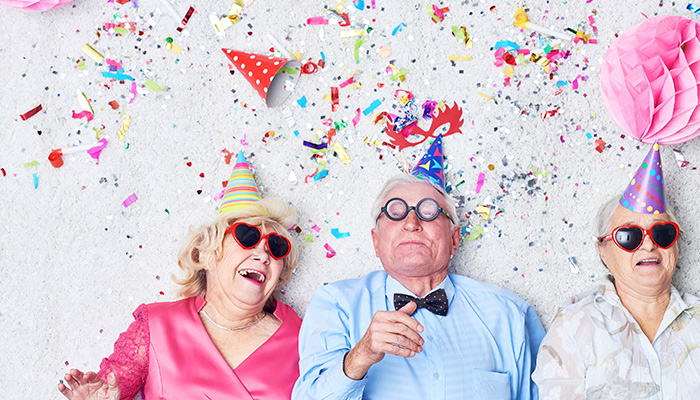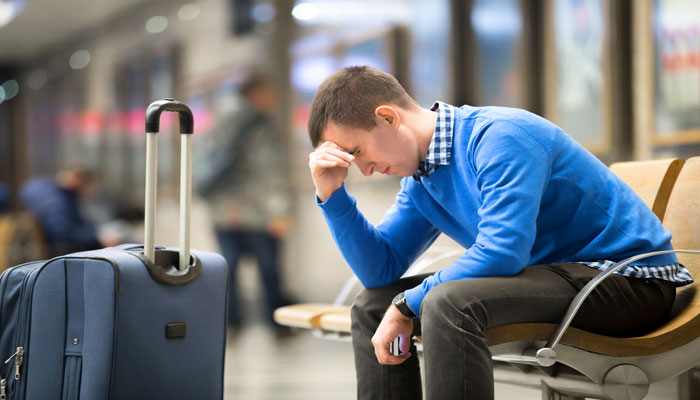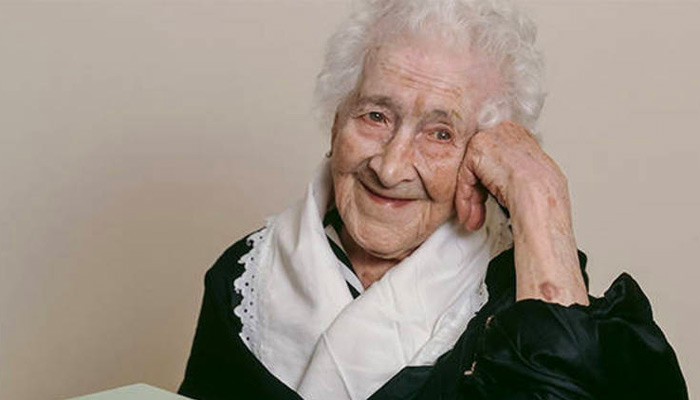Hangovers and their associated symptoms of headaches, tiredness, nausea and dehydration are of course caused by drinking too much alcohol. Not everyone experiences them, as it depends on how your body processes alcohol.

Biggest booze myths: Beware of these frequently touted hangover remedies - they don't work, explains Bhatti.
Your age and gender can also influence how you are affected. For example, alcohol metabolism changes with age, with older people being more sensitive to the toxic effects and females generally are less tolerant of alcohol, although whether this is related to lower body mass is unclear.
The exact physiological factors that cause hangovers – which can last up to 24 hours – are not entirely clear. What we do know is there are various factors that can contribute. Because alcohol is a diuretic, meaning it makes you urinate more often, it can cause dehydration, one of the most frequently reported symptoms of a hangover.
Drinking water along with electrolyte supplements can alleviate some of the symptoms of dehydration, which include not just thirst but weakness and light-headedness.
The idea that hangovers are worse when mixing drinks has also been disproven and recent research found the order of drinks did not influence the extent of the hangover.
Among other things, alcohol makes blood vessels expand, which can lead to headaches as well as irritating the lining of your stomach by increasing the production of acid which can lead to feelings of nausea.
Alcohol can also cause your blood sugar to drop, which can result in fatigue and shakiness. Tiredness is another commonly reported symptom because alcohol prevents the body from reaching the deeper stages of sleep resulting in poorer quality sleep. A 2018 study suggested that hangovers can hamper the ability to concentrate and that driving ability can be impaired.
Myth, folklore and the truth
While those experiencing a hangover would appreciate a fail-safe way to relieve their symptoms, hangover ‘cures’ are generally a myth. Many people cite strategies such as ‘hair of the dog’ (drinking during a hangover) and following old folklore sayings such as ‘beer before wine, you’ll be fine' but there is no evidence to suggest these strategies work.
The idea that hangovers are worse when mixing drinks has also been disproven and recent research from Cambridge University found the order of drinks did not influence the extent of the hangover. The mixing of drinks may simply be a case of more alcohol being consumed.
There is also a growing number of pharmaceutical products that claim to reduce the severity of a hangover. To date, none has been shown to relieve all of the symptoms of a hangover and further research is necessary to determine their effectiveness.
To reduce your risk of harm from alcohol-related disease or injury, Australian guidelines recommend no more than two standard drinks a day for healthy adults or no more than four on a single occasion of drinking. The guidelines also recommend drinking slowly, eating before or while you are drinking and setting limits as strategies to lessen the chances of getting a hangover.
As is so often the case, there is no magic formula, so preventing a hangover is probably better than attempting to cure one. Mocktail anyone?
- Alexandra Bhatti is Associate Lecturer in Public Health in the Department of Health Systems and Populations.



